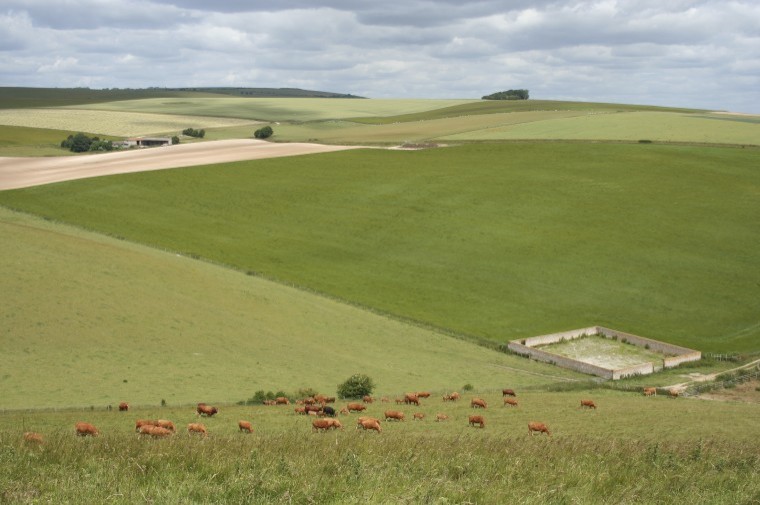In particular, they are concerned that parts of the draft go against the government’s national planning policy framework (NPPF) and could stifle legitimate development in the park.
In spring next year, the park will submit its first ever local plan to a planning inspector at public hearings. Before that, there has been a final public consultation, which closed at the end of November. The NFU has submitted a consultation response on behalf of its members who farm in the park.
In the response, the NFU highlights issues on which the plan seems to conflict with the NPPF. One of these is the local plan’s intention to restrict development proposals outside settlement boundaries to just farm diversification schemes or whole estate plans.
The NFU argues that the plan needs scope to allow for tourism developments where buildings have become separated from farmland. Where an applicant may only have ownership or control of the farm buildings without access to land, the plan needs to include a “buildings only” option “as the alternative may risk redundancy or dilapidation of the buildings in question,” said the NFU.
Otherwise, the plan would not be consistent with the NPPF which encourages local plans to “support the sustainable growth and expansion of all types of business (NFU emphasis) and enterprise in rural areas, both through conversion of existing buildings and well designed new buildings”.
Tom Ormesher, environment and land use adviser for the NFU’s South East region, said he did not want to be divisive. “There are policies in the plan which support the larger farming estates,” said Mr Ormesher. “We just need to ensure that farms of all types and sizes can benefit from planning in the park.”
The NFU is concerned about the use of the word “extensive” in the plan’s policy on new agricultural and forestry workers’ dwellings. “The worst case scenario is that only very large holdings will be considered sufficiently extensive to satisfy the policy requirements, which could be a discrimination against holdings below the ‘extensive’ size criterion, whatever that may be,” says the NFU. As the NPPF relates to the sustainable growth and expansion of all types (NFU emphasis) of rural business, a new criterion that those businesses are “extensive” would contradict national guidance, the NFU suggests.
Mr Ormesher said the plan was restrictive about the circumstances in which someone might put a residential dwelling on their farm. “If you have a redunandant barn and you don’t have an agricultural justification for a farm or forestry worker, it is very difficult to find a policy in the plan which would allow you to develop that barn as a dwelling in any other way.”
On the other hand, Mr Ormesher said the authority is promoting rural exception sites to develop say 10 to 15 affordable homes on the edge of villages. Farmers could offer land for these schemes and build an open market house as part of the development.
Photo: The South Downs national park. ©NFU South East




